
Ban All Wildlife Markets, Says UN Migratory Species Ambassador
A global ban on wildlife markets is necessary to protect both humans and other animals, says a UN Migratory Species Ambassador.

A global ban on wildlife markets is necessary to protect both humans and other animals, says a UN Migratory Species Ambassador.
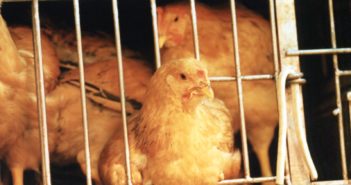
Live animal markets are a breeding ground for organisms that can be deadly to humans. According to the CDC, “3 out of every 4 new or emerging infectious diseases in people come from animals.”

The COVID-19 pandemic will hopefully accelerate new policies to prevent and mitigate the impact of new emerging pathogens and give new impetus to ending wildlife consumption and habitat destruction.

Due to the risks posed by the consumption of wildlife, the Chinese Government has imposed an emergency ban. The continued sale of leopard bone medicines demonstrate the need for this ban to be expanded.

A number of inaccuracies are circulating during the COVID-19 pandemic. Can your pets catch and give you the virus? Are pets being killed in China to contain the virus?
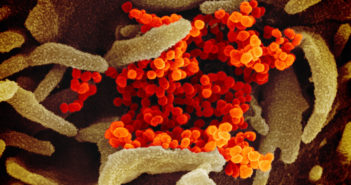
This pandemic is a pivotal event for almost everyone on the planet. There’s a lot that we still don’t know, but there can be no doubt that this pandemic is a consequence of our treatment of animals.
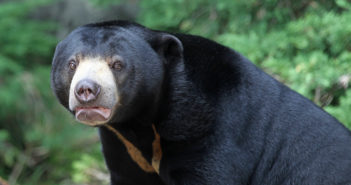
Despite a scientific consensus pointing to China’s wildlife trade as the most likely cause of the coronavirus pandemic, the country’s government is currently touting a treatment containing bile from captive bears.
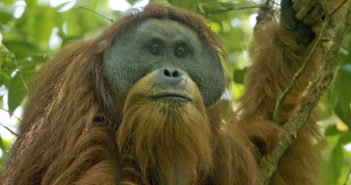
Conservationists say a 510-megawatt hydropower plant that is being constructed on the Indonesian island of Sumatra threatens to further imperil the world’s rarest and most endangered great ape species.
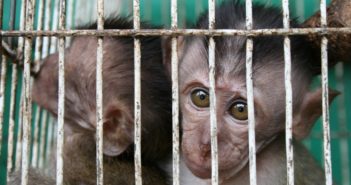
People from all corners of the world have had their eyes opened to the health risks and animal welfare concerns of the animal trade, and the world is watching to see what the outcome will be.

As demand for octopus for consumption grows, efforts to farm these animals intensify, with terrible ethical and environmental consequences.
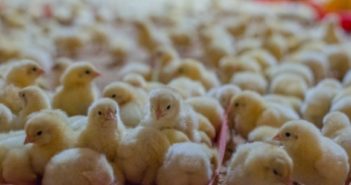
New research reveals poor animal welfare practices in many countries worldwide, which provide the perfect breeding ground for viruses to mutate and spread.
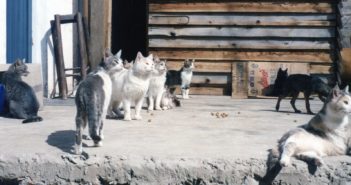
In North America, Australia and New Zealand, suspicion and outright hostility continue to plague the debate over what to do about outdoor stray and feral cats.